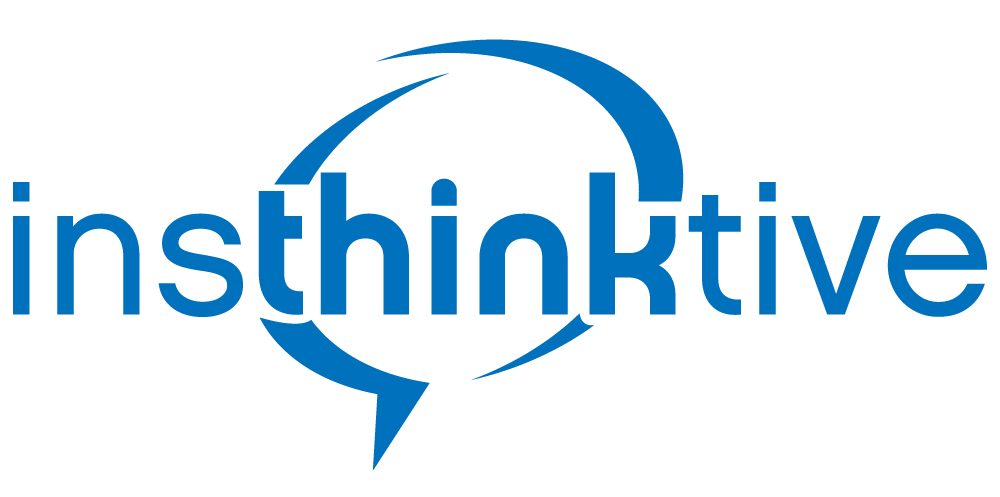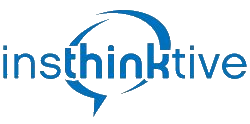“Workshop date switch from 14th to 15th”.
Oh, sh**t. I can’t do that.
I had just opened my emails after a long day in a sales training session. I was tired and rushing to an airport, so, I didn’t need any surprises or delays.
I was just about to start my journey, but this was a major spanner in the works. “I can’t do the 15th”. “Who the hell agreed to that”? My emotional state quickly changed to anger, disbelief and a lot of frustration. I was just about to hit the dial button to try to straighten the issue out when I noticed the body of the email didn’t make sense with the title.
Within seconds I could see the problem. And I should have known better. A colleague who has a habit (bad habit) of going back to the last email he received or sent to a person and clicking reply.
So, the original title of the email remains (and it was almost 18 months old). But, it is addressing an entirely different issue.
One person’s poor email habits can have a significant impact on your day. It threw me off my tracks, and the emotional state remained with me for hours. Crazy, but it reinforced just how email dominates your emotional state. And why is it so essential to control email in all sales roles.
When I begin a project implementing what I term the “sales infrastructure” for an organisation, we start by identifying goals, priorities and in particular new sales process habits. I call these non-negotiables. New habits that now become embedded over time. No excuses.
A common habit that teams want to overcome is they feel they are too reactive. In other words, they want to move from reactivity to proactivity. Taking more control back in their day, their time and their priorities.
One topic that tops the list is managing emails. Many people feel that they have been overwhelmed by their email.
Email Research Findings
The latest research findings on email confirm what we already know. Email is overwhelming. The average person spends 28% of work time dealing with emails. That’s over a quarter of your productive working time!
According to McKinsey, the average person spends 650 hours a year dealing reactively with emails. The critical term in the sentence is “reactively”.
Only 42% of your emails are relevant to you and your work. That’s a staggering 6 out of 10 of your emails are irrelevant.
According to research by UC Penn and the US Army stress is dramatically reduced when you limit the number of emails. It is proven to regulate heart rate and increase your ability to focus.
In sales, there are significant advantages to dealing with your email more efficiently.
Here is a brief self-assessment. Here are some questions to ask yourself about your email behaviours.
- Is your email open all of the time?
- Do you have email notifications switched to alert on all your devices?
- Do you often respond to new emails immediately?
- Do you read every email you have been cc’d on?
- Do you often hit reply all?
- Do you try to resolve conflict or disputes through email?
- Do you respond to many emails, simply out of fear? (If I don’t answer it will be noticed)
- Do you acknowledge receipt of all emails?
- Do you invite everyone to meetings?
- Do your emails have vague titles?
- Do your emails have subject trails that render the latest version completely unrelated to the original subject matter? (as above)
- Do your email invitations have no action or next steps? Meaning the recipients don’t know what to do next?
How Sales Leaders Should Deal With Email
Firstly, let’s use the principles of our FILE system to help you efficiently deal with email.FILE is a simplified version of David Allen’s brilliant system Getting Things Done (GTD).

FILE
IMPLEMENT
LEAVE (until later)
ELIMINATE
Step One FILE
The first thing you need to do is create a simple email filing system. When you receive an email, and you need to deal with it, you might decide that it is not something you need to deal with now. It’s not urgent. FILE it. A simple email structure might be
-Create an ACTION folder for important emails you need to deal with but, not now
-Create a RESEARCH folder for articles and case studies of interest
-Create an INDUSTRY folder for information on your industry, competitors etc.
The key is that you file it immediately and remove it from your inbox. Finding a placeholder ensures you have it dealt with effectively until you need to work on it.
Remember you do not need more than 3 or 4 folders. The simplest system is the best. The search options on all email systems are so powerful now; you don’t need multiple folders. Really!
Yes, I know that this thought alone might test your resolve, but you can easily and effectively deal with all emails with a much simpler filing system
Step Two IMPLEMENT
You can deal with a lot of emails in under a minute. I suggest you take action and deal with them. By doing so, you clear them effectively and keep an uncluttered inbox.
The key here is not to deal with your emails reactively i.e. as they come in. For most of your day switch off your email programme. Yes, turn it off. Schedule times in the day to review all emails and deal with a large number quickly and efficiently.
THIS IS A HERESY FOR A LOT OF SALESPEOPLE. But, just try it for a week. You will realise that the world won’t end. I promise the benefits will outweigh any “perceived negatives”. You will have to get used to fewer dopamine hits. Yes, every time you check an email your brain rewards you with Dopamine. Your happy drug. And you love it so much; you get hooked. Which is why you are going to experience withdrawal symptoms. Be brave!
LEAVE (until later)
With emails that you cannot complete quickly, leave them aside. Place these in your ACTION folder.
Your ability to think through more complex emails, and create simple plans to get them completed is a key strategy to avoid reactivity and potential conflicts.
Emails that require thought are better left aside so that you can set aside time to think. It will result in better quality responses and outputs.
You then free up the mental space to focus on what you need to do now.
Secondly, you are deciding to postpone working on this task. You will determine when you will review the task and then create the list of individual actions needed to complete it successfully.
A key part of the LEAVE phase is that you conduct regular reviews of the emails in your ACTION folder. It is your opportunity to set some deadlines for work to be completed, or to complete some of the work itself.
I suggest that you schedule time daily to review your action folder and you can make decisions about the next actions.
Remember there are major productivity gains to be taken advantage of by grouping these emails and blocking out time to deal with them.
ELIMINATE
Next and the simplest step is to eliminate emails. Remember the research findings state that 58% of your emails are irrelevant.
Eliminate often, and eliminate early. Regularly purge your email account of unwanted and outdated email. Unsubscribe to all of the irrelevant junk you get. I use Sanebox to do this for me. It has eliminated so much clutter from my inbox; I wondered how I survived without it.
Eliminating is a simple and effective way to reduce personal stress helping you achieve more focus. Nothing beats a clear inbox.
Key Takeaways
Now that you have the FILE system in place some other strategies can impact your effectiveness are
Turn your email application off for periods of the day.
It may feel like a major step for many salespeople in particular. Invariably when I mention this as a strategy clients will react by highlighting all of their emails that require immediate attention. That simply MUST be answered. The risks are too high that they would miss a critical email.
I do accept that some roles may require an immediate response. Remember your fears may feel real, but that is not to say they are legitimate or real. Try it for an hour or two initially and gauge the impact.
I know that the benefits your levels of focus due to eliminating a major cause of distraction will far outweigh any perceived threats.
Regards Ronan
Ronan is the “Sales Infrastructure Guy”. Helping high growth tech companies build world-class sales systems and processes that scale.
Call me on +353(86) 7732201
Ronan Kilroy | Insthinktive Sales Leadership Ltd. | Blanchardstown, | Dublin 15, | Office 01 8220523
More Sales, More Consistently, In Less Time



